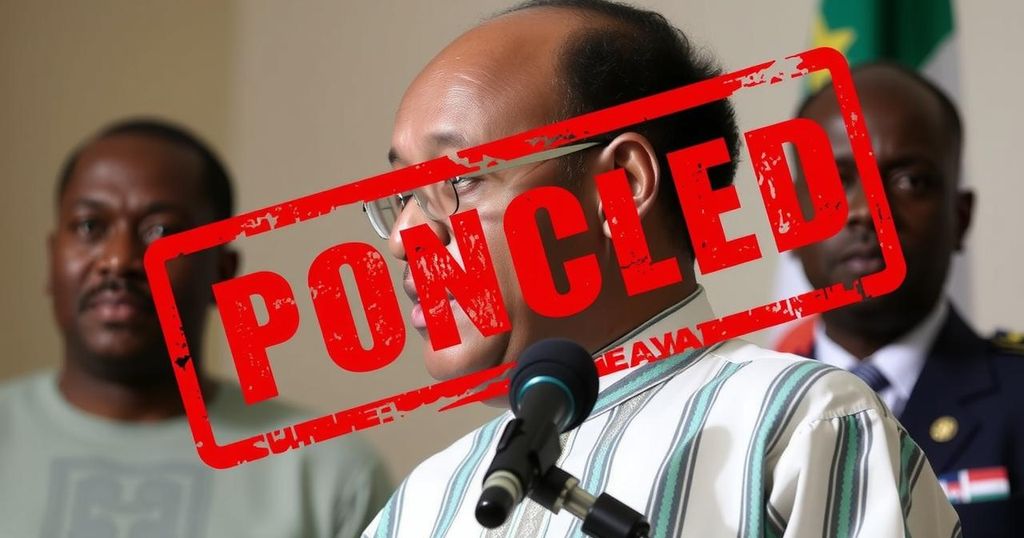Togo Postpones Senate Elections to February 15 Amid Controversy

Togo’s senatorial elections have been postponed to February 15 to allow political parties more time for organization. Campaigning will begin on January 30. The elections are crucial for implementing a controversial new constitution, which has prompted opposition calls for a boycott, claiming it is part of a broader attempt by President Gnassingbé to maintain power indefinitely.
The senatorial elections in Togo have been postponed from their original date and are now scheduled for February 15, as per a presidential decree made public on Friday evening. The delay is intended to provide political entities with additional time for adequate preparation. Campaigning will officially commence on January 30. This electoral event represents a vital step toward realizing a newly implemented constitution, which has faced substantial criticism from both opposition factions and civil society organizations.
Despite the postponement, several major opposition groups, notably the National Alliance for Change (ANC), have pronounced their intention to boycott the elections. They perceive this electoral process as an integral component of a ‘constitutional coup d’état.’ Established through a constitutional revision in 2002, the Senate has yet to be formed, which will consist of 61 members: 41 elected by regional and municipal councilors, the remaining appointed by the President of the Council of Ministers.
The newly introduced constitution is controversial; it shifts from a direct presidential election system to a parliamentary framework, raising concerns about potential limitations on political freedom and the indefinite retention of power by President Faure Gnassingbé. As the leader of the ruling party, Union for the Republic (UNIR), President Gnassingbé has maintained his position since 2005, succeeding his father who held power for 38 years. The majority party achieved a significant victory in the April 2024 legislative elections, securing 108 out of 113 parliamentary seats.
The upcoming senatorial elections in Togo are pivotal, representing a significant milestone in the implementation of a new constitutional framework devised to alter the governance structure of the country. The Senate, inert since its inception in 2002, is finally poised to become operational. However, the political climate is tense, with criticisms directed towards the governing administration for perceived efforts to consolidate power amidst allegations of undemocratic practices. The pressure from various political parties for a delay indicates a climate marked by concern over fairness and inclusion in the electoral process.
In summary, the Togo Senate elections scheduled for February 15 have been delayed to facilitate better preparation among political stakeholders, coinciding with significant criticism regarding the new constitutional changes. The opposition’s expressed intention to boycott these elections reflects deeper issues of trust and allegations of a constitutional coup. As the ruling party continues to consolidate power, the implications for democratic governance in Togo remain a critical concern.
Original Source: www.barrons.com







